
Fingerprints have provided key evidence in countless cases of serious crime. But there are still some situations in which it can be difficult or impossible to recover fingerprints and this can cause a headache for forensic investigators.

The wind industry is growing quickly around the world, especially in China and the U.S., where the total amount of electricity generated by wind turbines nearly doubled between 2011 and 2017.

The term “evidence” has a fascinating linguistic and social history – and it’s a good reminder that even today the truth of scientific evidence depends on it being presented in a convincing way.
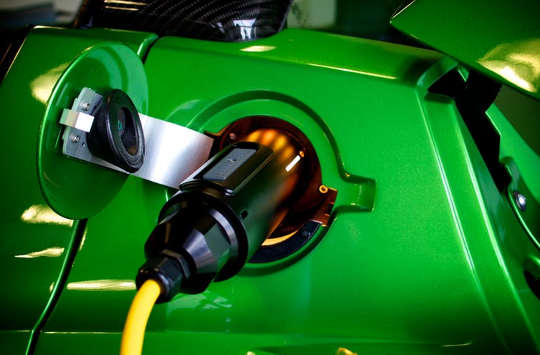
After years of being derided as a joke by car manufacturers and the public, interest in electric vehicles has increased sharply as governments around the world move to ban gasoline and diesel cars.
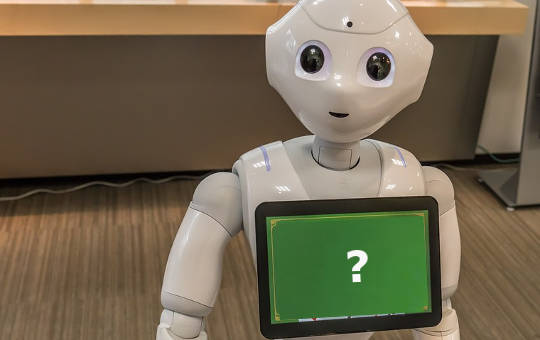
Before I started working on real-world robots, I wrote about their fictional and historical ancestors. This isn’t so far removed from what I do now. In factories, labs, and of course science fiction, imaginary robots keep fuelling our imagination about artificial humans and autonomous machines.

Appalachian attitudes about technology’s role in daily life are extremely sophisticated – and turn out to be both insightful and useful in a technology-centric society.
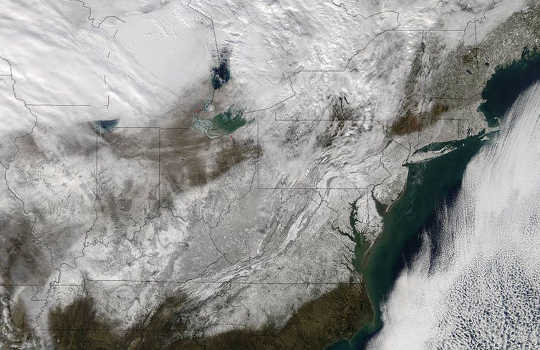
It was March 2017, and a winter storm named Stella promised to deliver up to a foot and a half of snow to New York City and parts of New Jersey.
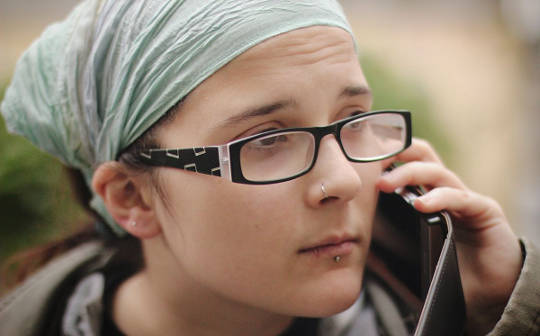
Life’s intelligence, received through our inner guidance, is habitually interrupted or camouflaged by the mind’s chatter. A reflection of this same process is occurring worldwide, where we find ourselves in the midst of a highly magnified “technology takeover.” The universal use of technology, much like our addiction to thinking, has resulted in a constant current of information interrupting the “flow” of our life.

According to scholars throughout history, we actually aren’t living in the year that is printed on our calendars.

My first real awareness of our psychological attitudes to technology came from an unusual source: the British comedian Eddie Izzard.

As Facebook users around the world are coming to understand, some of their favorite technologies can be used against them.
 Researchers have created a mathematical model that shows how selfies and other photos taken at close range can distort the appearance of the subject’s nose.
Researchers have created a mathematical model that shows how selfies and other photos taken at close range can distort the appearance of the subject’s nose.

Twitter CEO Jack Dorsey took to the social platform last week to announce a call-out for ideas about how to measure the health of online conversations.
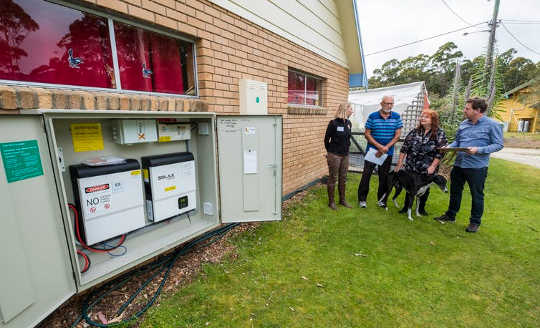
The South Australian government and Tesla recently announced a large-scale solar and storage scheme that will distribute solar panels and batteries free of charge to 50,000 households.
 A team of researchers in northern Australia have documented kites and falcons
A team of researchers in northern Australia have documented kites and falcons
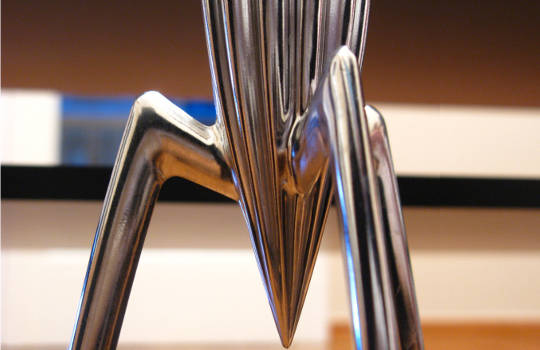
We live in a world drowning in objects: households with a television in each room; kitchen cupboards stuffed with waffle makers, blenders and cappuccino whisks; drawers filled to bursting with pocket-sized devices powered by batteries – batteries which themselves take a thousand times more energy to make than they will ever provide.
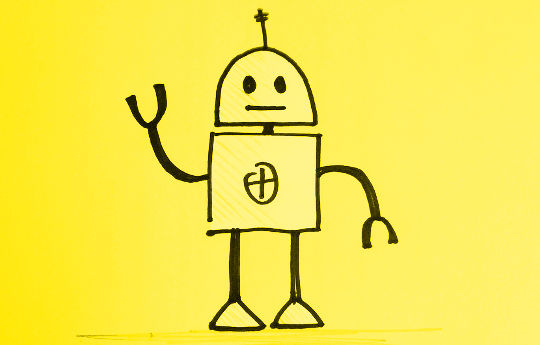
Before the internet, before smart phones, teenagers and young people would seek out quizzes in comics, read problem pages in girls magazines and watch television for advice on how to be themselves.
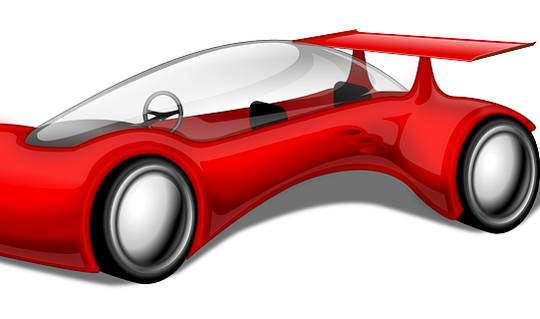
Imagine you are about to go on vacation. You have been looking forward to it for some time. But your robotic personal assistant has other ideas.

Sitting in a bar, you start chatting to a man who issues you a challenge. He hands you five red and two black cards. After shuffling, you lay them on the bar, face down. He bets you that you cannot turn over three red cards. And to help you, he explains the odds.
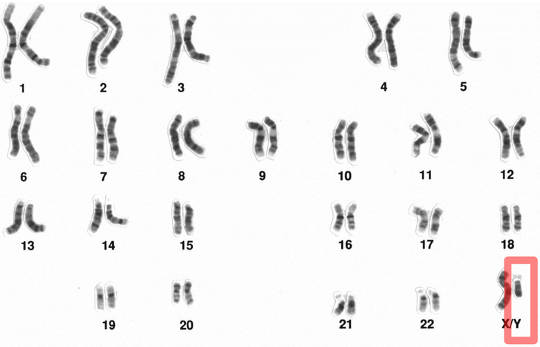
The Y chromosome may be a symbol of masculinity, but it is becoming increasingly clear that it is anything but strong and enduring. On the question of whether the Y chromosome will actually disappear, the scientific community, like the UK at the moment, is currently divided into the “leavers” and the “remainers”.
- By Mary Hoff
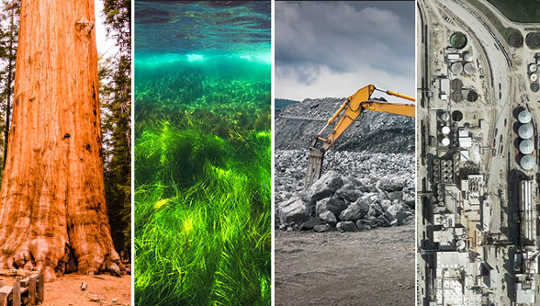 With sufficient investment and strategic deployment, carbon dioxide removal and storage can play a key role in keeping global warming to a level we can live with.
With sufficient investment and strategic deployment, carbon dioxide removal and storage can play a key role in keeping global warming to a level we can live with.
 When you shift your attention from one thing to another, your brain “blinks” between focusing on the two things, researchers report.
When you shift your attention from one thing to another, your brain “blinks” between focusing on the two things, researchers report.
 Plastics have got themselves a bad name, mainly for two reasons: most are made from petroleum and they end up as litter in the environment.
Plastics have got themselves a bad name, mainly for two reasons: most are made from petroleum and they end up as litter in the environment.














